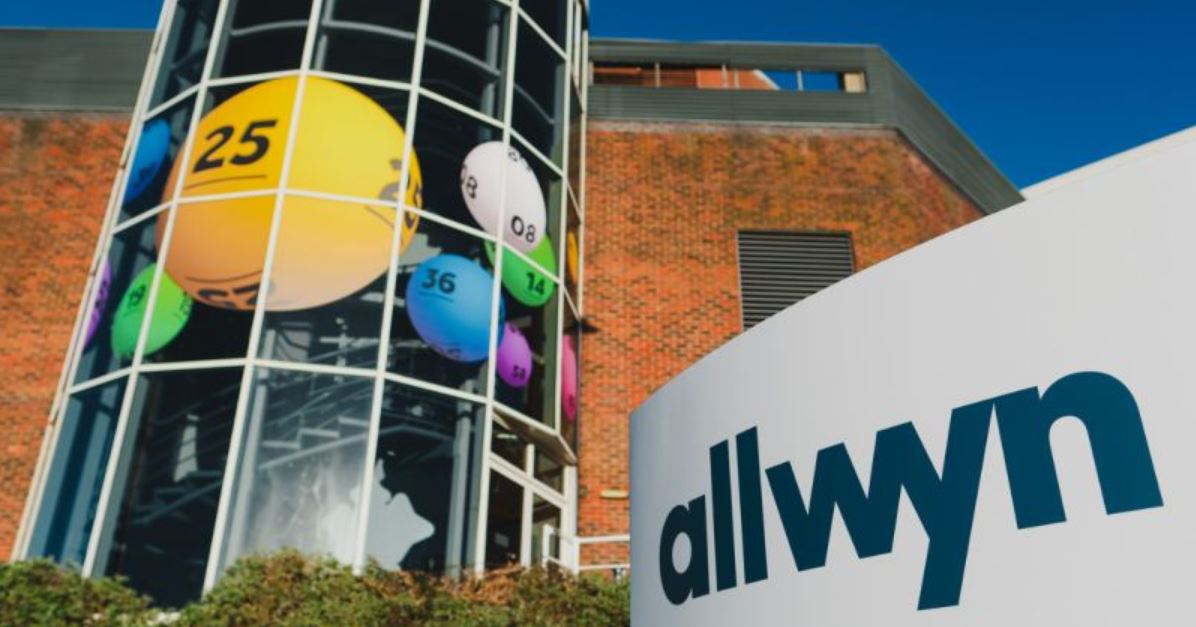
British MPs have called on the Premier League and other sporting bodies to reduce the amount of gambling advertising visible in stadiums.
Thursday’s Culture, Media and Sport (CMS) Committee report said reducing visible gambling advertising would help “minimize children’s exposure to gambling advertising”.
MEPs have also recommended creating more space for promoting safer gambling.
However, the report stressed that a different perspective should be taken when it comes to horse and greyhound racing. This is due to their intrinsic connection to gambling.
MP Dame Caroline Dinenage, chair of the CMS committee, said: “More should be done to protect both children and people suffering from gambling problems from what often feels like a bombardment at football and other sporting events Advertising brands looks like.”
The CMS Committee would like to go beyond the White Paper’s proposals
The white paper, published in April, proposed a number of ways in which gambling regulation in the UK could be improved. This included affordability tests, stake limits and the establishment of an ombudsman.
However, the White Paper received criticism because it did not contain any measures to deal with advertising.
Despite Premier League clubs voluntarily withdrawing gambling sponsorship on shirts from 2026, the CMS committee believes they must do more.
While the CMS committee report welcomes the Premier League clubs’ decision, it calls for a “more precautionary approach” to advertising than outlined in the white paper.
It points to a recent study that highlighted the high number of gambling messages visible during games alongside jersey sponsorship.
The report noted the “urgent need” to examine the impact of gambling advertising on the risk of harm. The CMS committee believes this is particularly important to protect children from exposure to gambling.
“The Government must go beyond the proposals in the White Paper and work with sports bodies to reduce the sheer amount of betting advertising that people are exposed to,” Dinenage added.
BGC responds to CMS committee report
The Betting & Gaming Council (BGC) published its response to the report following its publication. It praised the partial rejection of a blanket ban on gambling advertising.
The BGC also agreed with the CMS committee’s call for the publication of a code on sports sponsorship, saying: “We welcome the publication of the CMS committee’s report and its findings, which reject proposals for a blanket advertising ban that harms our loved ones would.” Sports like horse racing and football.
“BGC agrees with the committee that the Sports Sponsorship Code, which will further drive standards, should be published immediately. To be honest, the sports associations took their time.”
Industry self-regulation “completely failed”
A September study examining advertising in the Premier League concluded that self-regulation had “completely failed”.
Researchers from the University of Bristol Business School assessed television, radio and social media coverage over four days from August 11-14.
The study found that 92% of 391 content marketing ads from gambling brands violated regulations because they were not clearly identifiable.
The team found a total of 10,999 gambling messages on TV, radio and social media channels over the four days. This included 6,966 gambling reports recorded during the six live match broadcasts on Sky Sports and TNT Sports.
The researchers also found that less than a quarter (20.6%) contained gambling harm reduction messages and only 18.7% contained age warnings.
The lead researcher Dr. Raffaello Rossi stated: “The self-regulation of the gambling industry has completely failed. The main goal of the gambling industry is profit, not the public good.”







